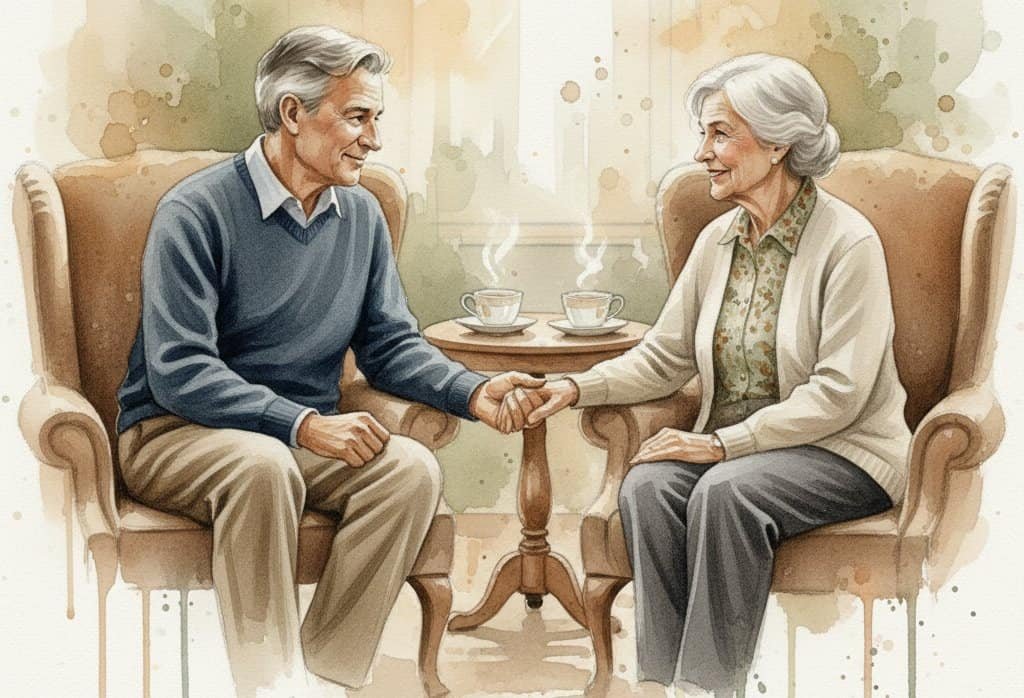Table of Contents
The Pattern I Didn’t Notice
Growing up in a stiff-upper-lip British household, personal thoughts and feelings weren’t encouraged. As a sensitive kid, that left me hungry for direct, honest connection from an early age. That hunger shaped much of what followed.
For most of my adult life, I’ve found myself living or working alongside people facing significant challenges. I didn’t seek these situations out deliberately. I just seemed to meet people who could benefit from practical, grounded support, and somehow I fit there.
In my twenties, I lived with and cared for my quadriplegic boss and roommate in the US. Much of my role involved morning and evening tasks, and learning what real, dignified support actually looks like.
My best friend in the UK was totally blind. We met on a train late at night with his guide dog, and he became one of the most perceptive people I’ve known. He worked as a counsellor, and often saw things more clearly than most sighted people I’ve met.
When my father had a stroke following earlier heart surgery and prostate cancer, I left LA to return to the UK to support him. Later, when my girlfriend and her young daughter needed help settling in Japan, I followed them here. I spent twenty years teaching, supporting them, and being part of their team.
I’ve always been aware of this pattern, though I’ve sometimes questioned it. Whether it’s genuine service, or a comfortable way of avoiding paths that felt louder, riskier, or less natural to me. What I do know is that it usually felt right. More right than pursuing options that looked impressive but never held my attention for long.
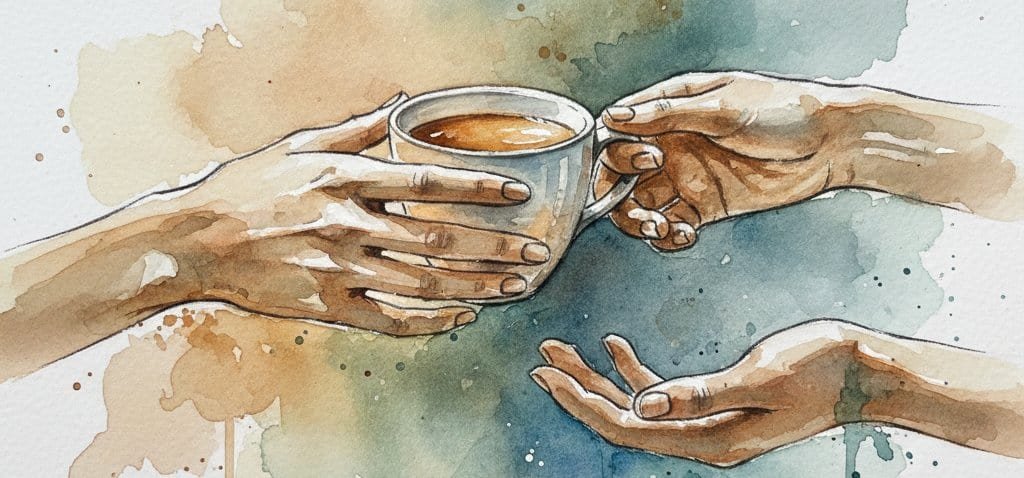
Have you ever followed a path that felt right but looked unimpressive from the outside?
Pain and Struggle Qualify You
I’ve learned a few things along my journey. The struggles you’ve lived through tend to prepare you to sit with others facing similar territory. You can empathize and help to meet them halfway more authentically, compared to people who can’t quite relate.
When my wife left Japan last year after twenty years together, the grief was profound. But that experience sharpened my awareness of others carrying their losses. I could recognize the weight that appears when a major relationship ends and daily routines suddenly have a person-shaped absence.
Not long after, a student came to class just two days after his mother passed away. Her body was still at home, following a Japanese custom. We spoke in a way that wouldn’t have been possible before my own losses. He shared a memory about an out-of-body experience his mother once described during a hospital stay. We talked about grief, presence, and the strange space between life and death. Tears came, but we stayed with it together. His firm handshake at the end said more than words could.
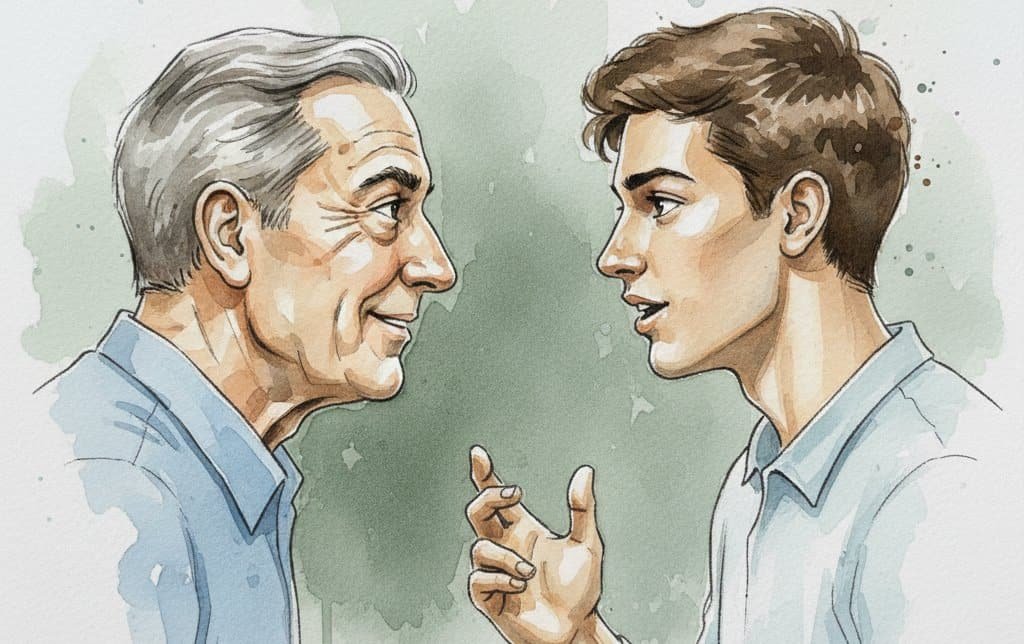
I wasn’t trained for that moment. What I brought was simply my own experience of loss.
What have your struggles prepared you to understand that others might not?
The Reciprocal Nature of Helping
There’s something we don’t talk about enough. Helping others often helps us too.
After my wife left, focusing on my students, colleagues, and the practical work of teaching and farming helped me keep moving. I was aware of the pull to overshare at times, but also learned the balance between processing pain and continuing to function.
Working alongside others created space for my own healing and gave me a clearer sense of purpose.
My mother now lives in a care home with dementia. My father visits her despite the heartbreak of her not recognizing him. Watching his quiet devotion while dealing with my own thoughts about losing her presence, has taught me something important. Service isn’t only about the person being helped. It also shapes who you become in the process.
When has helping someone else helped you carry your own struggles?
The Awkward Territory of Being Needed
Here’s the uncomfortable truth I’m still wrestling with. There’s a difference between showing up when needed and needing to be needed. Between genuine service and avoiding your own path by focusing on others.
I left LA for my father. I followed my girlfriend to Japan. I spent twenty years supporting her family’s journey. Now I’m considering returning to the UK again as my father ages alone. Is this service? Or is it a subtle way of not building a life of my own?
I genuinely don’t know. Maybe it’s both. Maybe showing up for people is my path, even if it doesn’t look like traditional ambition. Maybe the fact that I’m questioning it helps keep it honest.
What I do know is this. When you’ve been through difficulty, you develop a sensitivity to others’ pain. You notice what real support looks like, and what only sounds like concern.
Do you ever wonder if helping others is service or avoidance?
The Hard-Won Experience Your Pain Has Taught You
The difficulties you’ve faced – loss, illness, failure, disappointment – have taught you things nothing else could.
You know what it feels like when someone offers clichés instead of listening. You understand the difference between being “helped” and being truly supported. You’ve learned which responses ease pain, and which quietly make it worse.
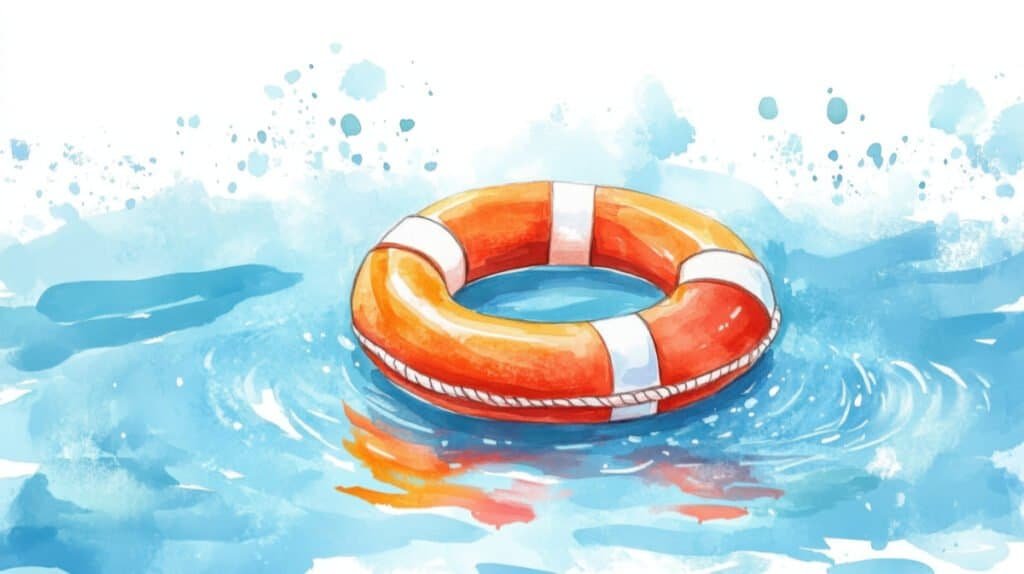
That understanding allows you to help others in specific moments. Not everyone. Not all the time. But where your experience intersects with someone else’s need.
My experience with loss allows me to sit with a grieving student without needing to fix anything. Caring for my quadriplegic boss taught me patience and dignity in practical support. My blind friend showed me that limitation in one area often brings heightened awareness in others.
These aren’t lessons from books. They come from being present.
What has your pain taught you that might help someone else?
The Permission to Use Your Pain
Are you carrying pain right now and wondering what possible good could come from it? Maybe you’ve been through something that feels like it only damaged you.
Your experiences may be preparing you in ways you don’t recognize yet. You’ve been somewhere others are heading, and that matters.
I like the idea of becoming a qualified counsellor. But formal training isn’t the only way to help. Listening, showing up, and offering what genuinely helped you can be enough.
Your pain has taught you things. Those lessons still have value, even if you’re in the middle of processing them.
Keep Moving Forward
I may be approaching another familiar turning point. Returning to the UK to help my aging father after building a life in Japan for twenty years. It feels like another chapter of showing up when something inside says it matters.
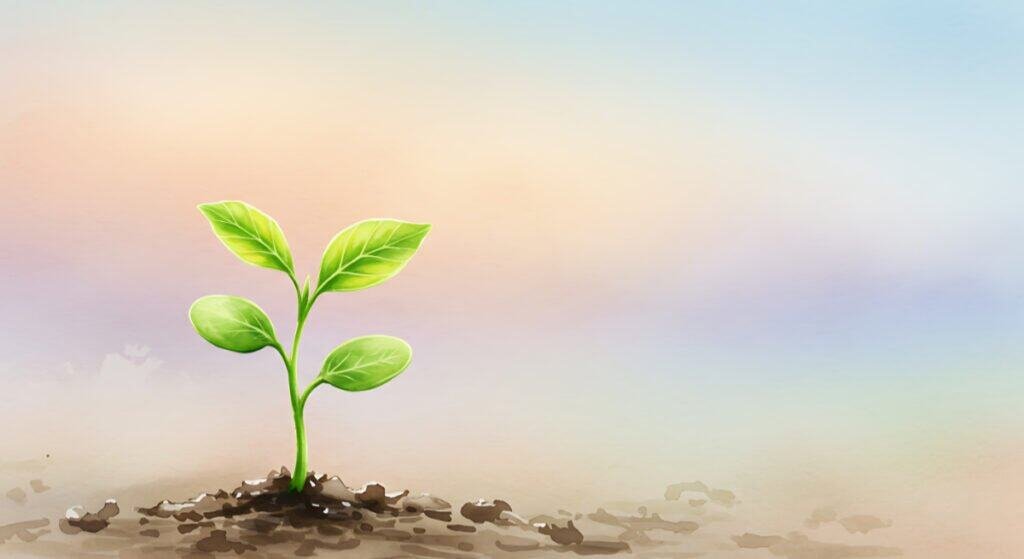
We all carry experiences that shape how we help others. Loss, caregiving, responsibility, presence. These moments teach us things that quietly matter.
How has your pain shaped the way you show up for others?


